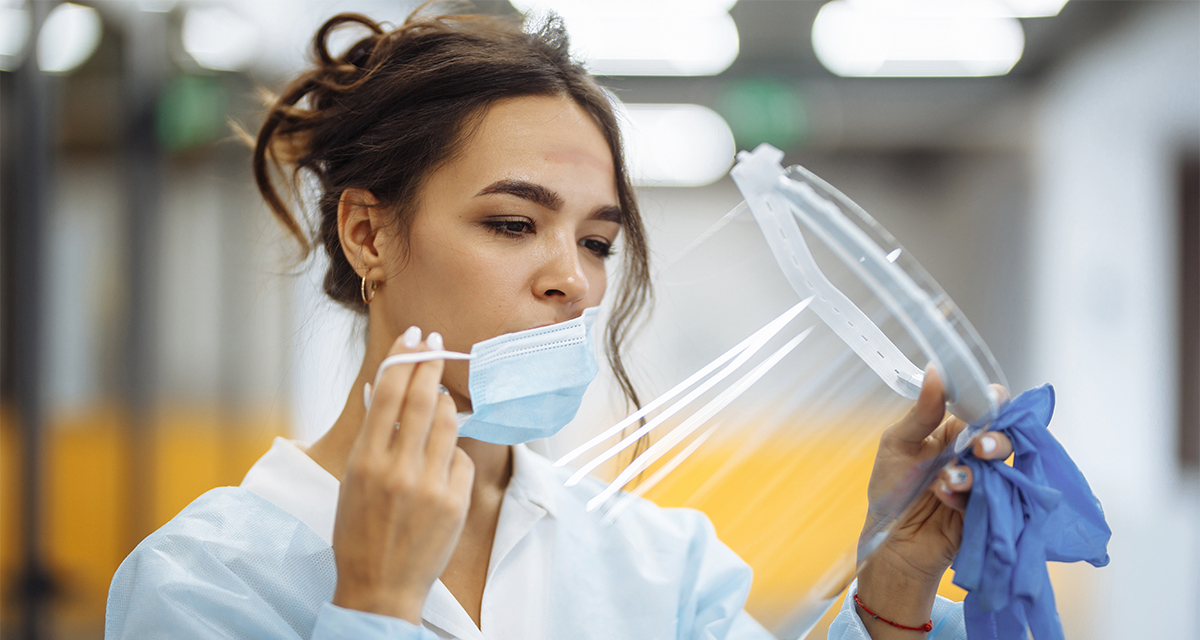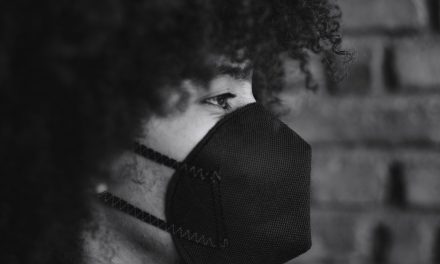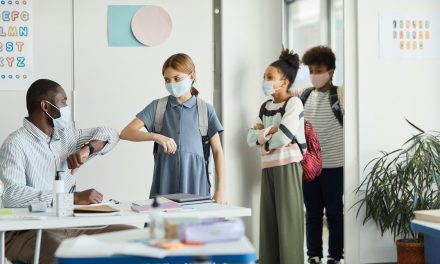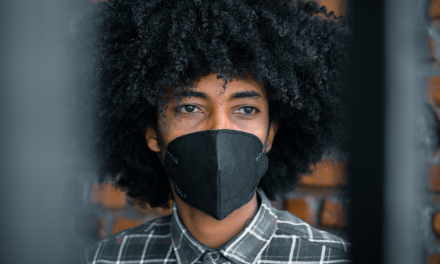In November 2021, a ruling by a Cole County Circuit Court determined local authorities did not have the power to impose COVID-19 public health orders. Missouri Attorney General Eric Schmitt responded to the ruling by writing to local health departments and schools, ordering them to comply. Though several districts rejected the order, promising to keep existing mask mandates, many throughout Southeast Missouri said they would immediately pause COVID-19 tracking and prevention work, including quarantine policies.
While many of these agencies have expressed concern for the decision, they also reiterated that they are required to follow the Attorney General’s orders. Some have even reported that they are discussing the issue with other health departments, lawyers, and the Missouri Department of Health and Senior Services (DHSS). Departments across southeast Missouri all released similar statements, notifying the public that the internal work would continue, but public reporting and policies would change until further notice with no expectations or timeline to revert.
The Lee’s Summit R-7 School District’s legal counsel responded with their own letter, stating that Schmitt’s cease and desist letters both lack legal effect and are “simply wrong.” The counsel says Schmitt does not have the authority to halt COVID-19 mitigation efforts and that DHSS authority is not needed either. The district also pointed out that school districts were not parties in the court ruling and they are therefore not bound to these requests.
Schmitt responded with a tweet stating he “set the record straight” with the school district, accompanied by another letter. In it, he cited several court cases he believes grant him the authority to issue these requests, leading many to speculate if he plans to sue should the district not comply. The Lee’s Summit R-7 School District stated that they stand by their original statement.
Schmitt sent 52 cease and desist letters to school districts and has received more than 7,500 emails in response. According to The Missouri Times, the Attorney General’s Office reported a number of districts plan to rescind mask mandates and quarantine orders if they haven’t already. However, the Missouri School Boards’ Association responded that, while the letters impact health departments, “A school district’s authority and obligation to prevent the spread of contagious diseases in schools has not been impacted.”
Schmitt is a Republican running for U.S. Senate who has been vocally opposed to COVID-19 mandates and health orders. His latest outcry for a return to “normal” comes just as a new Variant of Concern, Omicron, has been confirmed in Missouri. DHSS was notified of the state’s first case of Omicron on December 3 and has since confirmed the infected person was a St. Louis resident who had recently traveled domestically.
What We Know About Omicron
According to Yale Medicine, early global data show Omicron is likely to outcompete the Delta variant. In mid-December of 2021, Omicron surpassed Delta as the predominant strain in the U.S. Omicron is also reported to be more easily transmissible than Delta, although the reasons why are still uncertain. One potential concern is the 50 mutations Omicron carries that have not been seen together previously and will take more time and research to fully understand.
Community sewershed samples in Missouri demonstrate the presence of Omicron in Missouri, the prevalence of which is growing every week according to DHSS. Missouri has consistently reported increasingly high transmission rates which have now extended throughout the country. Public health experts, including DHSS, strongly encourage residents to continue safety precautions such as frequent handwashing, wearing masks in public indoor settings, and socially distancing when possible.
The most common symptoms of Omicron are a runny nose, sore throat, headache, fatigue, and sneezing. Because these symptoms mimic signs of the common cold and flu, anyone experiencing these is encouraged to get a COVID-19 test, even in the absence of original strain symptoms such as loss of smell or taste and difficulty breathing.
Currently, Omicron is estimated to be 2-3 times more infectious than previous variants. Because of this, experts warn that people who have previously had COVID-19 should not rely on their natural immunity to protect them from Omicron.
Similar to the Delta variant, it is expected that anyone with Omicron infection can spread the virus to others, even if they are vaccinated or don’t have symptoms. Current vaccines are expected to protect against severe illness, as is true with the Delta variant, but breakthrough infections in fully vaccinated people are likely to occur. Initial data on the first 43 cases show most have been fully vaccinated people who experienced mild symptoms, with only one hospitalization and no deaths recorded.
Recommendations for Individuals Who Have Been Exposed
The CDC recently shortened the recommended isolation time for those who have COVID-19, determining that individuals should isolate for five days. If they are asymptomatic, or if their symptoms resolve and they are without fever for 24 hours, the CDC recommends an additional five days of wearing a mask around others. The change is guided by science, due to the fact transmission generally occurs in the one or two days prior to onset of symptoms and the few days after.
This isolation guideline is also true for anyone who is exposed to COVID-19 – five days in quarantine followed by five days of strict mask use. If quarantine is not possible, masks are strongly recommended to be worn for 10 days after exposure. Anyone exposed to the virus is encouraged to take a COVID-19 test on the fifth day following the exposure.
Vaccines Help Reduce New Variants
According to the data currently available, COVID-19 vaccines are the best defense at preventing severe illness, hospitalizations, and death – even in cases with variants. Global data so far show that vaccine effectiveness for two doses of an mRNA vaccine (Pfizer or Moderna) is approximately 35%. A booster dose increases vaccine effectiveness to 75%. Vaccines, and especially booster doses, are the best public health measure not only to prevent the virus and slow transmission, but also to reduce the likelihood of new variants emerging.
Though the exact reasons why Omicron is spreading more rapidly than previous variants is uncertain, experts believe it is a combination of the increased transmissibility and immune evasion – the ability to evade immunity conferred by past infection or vaccination.
In the last week of December 2021, the CDC reported an average of more than 370 children admitted to the hospital daily, a number that broke previous records and is likely to continue climbing. Though fewer children and teens have been infected with COVID-19 than adults in previous years, they can still catch the virus, get sick, spread the virus to others, and suffer long-term complications.
Everyone five years and older is highly encouraged to protect themselves from COVID-19 by getting fully vaccinated. Children ages five to 11 are now eligible for the low-dose Pfizer vaccine to get immunized against COVID-19. The Pfizer vaccine helps protect them, and others, including family members at increased risk of severe illness from COVID-19. Getting the vaccine also helps protect children under the age of five who are not able to receive the vaccine and have no preexisting immunity.
Clinical trials reveal vaccines for children are safe and offer strong protection against COVID-19, including against the Delta variant. More information will be needed to determine the pediatric vaccine dose’s protection against the Omicron variant, but at this time scientists still recommend children get vaccinated. Children and adults can receive the flu vaccine at the same time as the COVID-19 vaccine.
Protect Yourself and Your Community
On December 9, 2021, the U.S. Food and Drug Administration (FDA) amended the emergency use authorization (EUA) for the Pfizer vaccine to include administration of a single booster dose in individuals 16 and 17 years of age.
To support vaccination efforts in fighting Omicron, the FDA took several actions on January 3, 2022, to amend the EUA for the Pfizer vaccine, including:
- Expanding the use of a single booster dose to include use in individuals 12 through 15 years of age.
- Shortening the time between the completion of primary vaccination of the Pfizer vaccine and a booster dose to at least five months (previously six months).
- Allowing for a third primary series dose for certain immunocompromised children five through 11 years of age.
As of January 3, 2022, Missouri reported a weekly average of more than 28,000 cases, and more than 200 new hospital admissions and deaths each. With several counties halting COVID-19 safety and prevention policies, Missouri’s high transmission rates are expected to remain and very likely increase along with cases.
The COVID-19 vaccine and booster shot are the best defense against COVID-19. Booster shots are common in many vaccines and strengthen the body’s immune system. Although it is still possible to contract the virus following a full vaccination series and booster shot, symptoms are expected to be mild at best. Adults and children are also encouraged to get a flu vaccine to protect themselves and reduce the risk of respiratory illness and complications.
The Lafayette County Health Department (LCHD) offers the Pfizer vaccine for individuals 12 and older as well as the pediatric Pfizer vaccine for ages 5 to 11. Vaccination appointments are available every Monday and Wednesday and must be scheduled in advance. Call 660-259-4371 to schedule an appointment.
How Missourians can get a free COVID-19 vaccine:
- Search for vaccine appointments by vaccine type at Vaccines.gov.
- Call the CDC’s COVID-19 vaccine hotline at 1-800-232-0233 (or TTY 1-888-720-7489). Help is available in multiple languages.
- Locate local vaccination events in Missouri at MOStopsCovid.com.
- Seniors and homebound adults can make arrangements using information at MOStopsCovid.com/seniors.
- Missouri DHSS COVID-19 Public Hotline: 1-877-435-8411(Mon.-Fri., 7:30 a.m. – 7:30 p.m.)
How Missourians can get a free COVID-19 test:
- Walk in or schedule an appointment for a test at one of the state’s free community testing sites: COVID-19 Community Testing Sites.
- Order a test through the state’s free at-home COVID-19 testing program.
Still have questions and concerns about the vaccine? Get answers.








